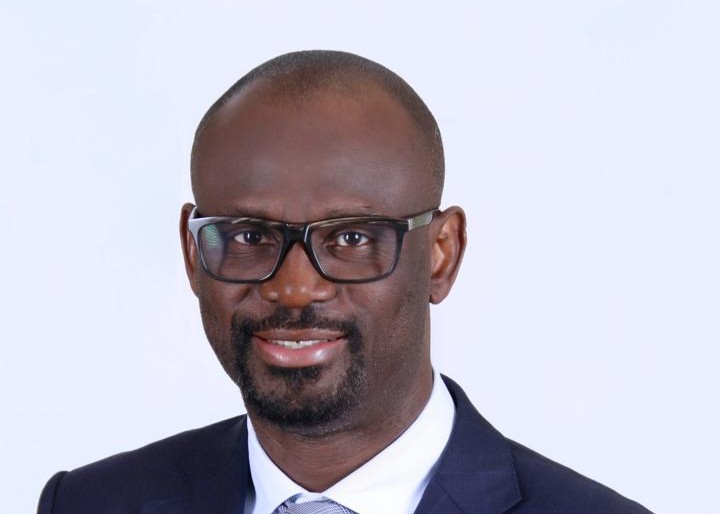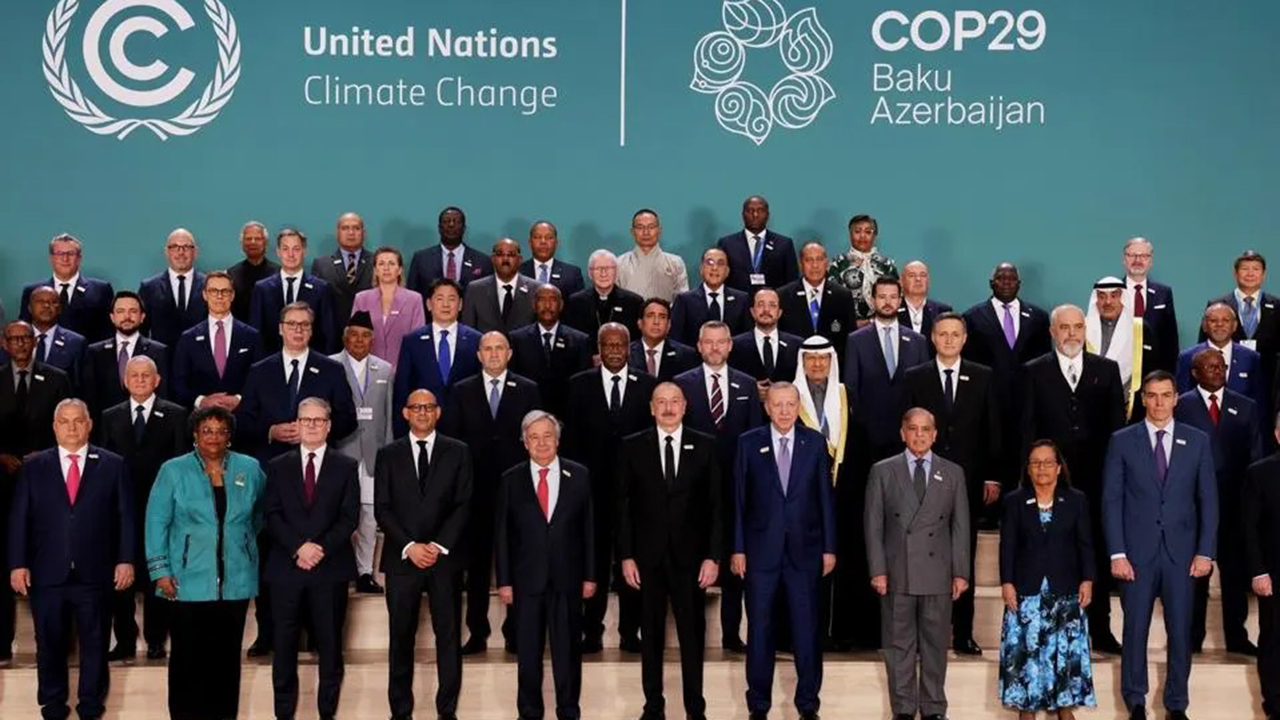In recent times, Nigeria’s macroeconomic trajectory has seen a remarkable turnaround, drawing praise from multilateral agencies, economists, and global investment leaders. The World Bank, Moody’s, Dr. Ngozi Okonjo-Iweala, Prof. Chukwuma Soludo, Governor Alex Otti, and Adebayo Ogunlesi are among the voices recognizing the country’s bold steps toward economic reform and stabilization.
The World Bank’s “Building Momentum for Inclusive Growth” report highlighted a significant improvement in Nigeria’s fiscal outlook. The fiscal deficit has narrowed substantially from 5.4% of GDP in 2023 to 3.0% in 2024, a powerful indicator of fiscal discipline and policy coherence. Complementing this development, Moody’s upgraded Nigeria’s credit rating from Caa1 to B3. Fitch also upgraded the country’s rating to B from B- with a stable outlook, further affirming renewed investor confidence and macroeconomic stabilization.
Dr. Ngozi Okonjo-Iweala, Director-General of the World Trade Organization, commended the Tinubu administration’s efforts, stating, “You can’t really improve an economy unless it’s stable.”
Prof. Chukwuma Soludo, former Governor of the Central Bank of Nigeria, also lent his voice in support, stating: “The audacious structural reforms embarked upon by the current administration of HE Bola Ahmed Tinubu have rescued the economy from the tipping point.”
Similarly, Governor Alex Otti, a seasoned banker and former Managing Director of Diamond Bank, acknowledged that while the reforms have been tough, they are essential to placing Nigeria on a sustainable growth path.
Adebayo Ogunlesi, a globally respected investment banker and founding partner at Global Infrastructure Partners (GIP) now part of BlackRock, the world’s largest asset manager, remarked that “Nigeria is now a place that is exciting to invest in.”
However, well before the current administration took office in May 2023, AACS a Nigerian consulting firm specializing in strategic disruption and led by Dr. Ayo Abina, had already emphasized the urgent need for comprehensive reforms. In a series of policy briefs and publications but specifically in April 2023, AACS had in its ‘ Fortnightly ’ and media interviews ’(tinyurl.com/ter6u5jh, tinyurl.com/2s3jybv9,lnkd.in/eiRE9A6S), identified six critical areas and reforms that were a sine qua non to drive Nigeria’s economic recovery and macroeconomic stability:
Revenue Generation: Implementing fiscal reforms to sustainably increase government revenue
Oil Subsidy Removal: Phasing out fuel subsidies while cushioning the impact on vulnerable groups
Exchange Rate Realignment: Allowing the naira to reflect its true market value to improve transparency and investor confidence
Oil Theft Reduction: Tackling crude oil theft to boost revenue and minimize economic losses
Infrastructure Development: Specifically investing in power to unlock growth
Tackling Insecurity: Strengthening security to attract investment and reduce disruptions to economic activity
AACS emphasized the importance of political will and transparency in implementing these tough reforms, which are not attributes in abundance within the political class. The reforms were not going to be popular or the politically correct thing to do, but it was the right call by leadership interested in the long term stability of a nation on the brinks. The firm also advocated for local government autonomy t.ly/KjI3h, education loans bit.ly/4o0AyZx, state police (bit.ly/4pTgTwj), and a reduction in interest rates to drive growth. Indeed, AACS on 23rd of September 2025 called for a 50 basis point reduction in interest rates once the data showed a disinflation trend (bit.ly/4qcYkUn). These reforms are not ideally rocket science but where the data led. Today, all top analysts can agree with this position especially as the result is now evident.
While Nigeria’s economic stability is a welcome development, challenges persist especially in the hardship and sacrifices of the citizenry, and the leadership must work through them. The government must also improve its optics and more aggressively introduce intervention policies to support the vulnerable. The focus on reforms must remain laser-sharp as Nigeria marches toward its rightful place in the comity of nations. One of the most important attributes of leadership is not to pander to what is politically correct but what will ultimately benefit the people no matter how difficult it may be.
AACS speaks objectively to the data, pushes where it leads and bells the cat . AACS was ahead of the curve, our blueprint on the reforms was right and we believe it would still take the nation and its people to prosperity if we remain resilient.
Dr Abina is the Chairman of AACS – International Consulting & Principal Investment Firm
Email: [email protected]
LinkedIn: AACS
X (Twitter): @AACS__N






